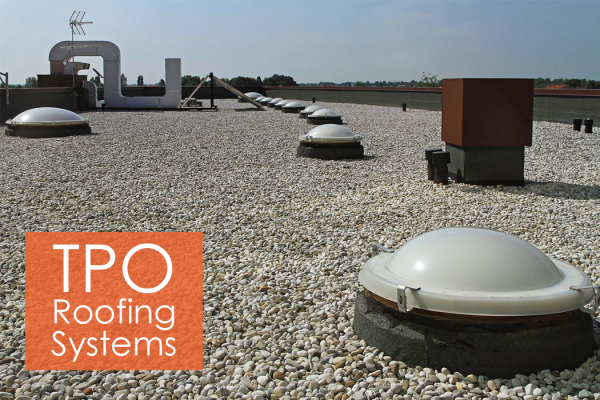If you’re a homeowner, or you’re planning to be a homeowner, you’ll eventually be in a position where you need to replace or repair a roof. No matter how well a previous roof was installed, it will eventually wear out. It’s just the nature of . . . well, nature.
Protecting your home from the elements is a rough job, and eventually those elements will take a toll on even the best roof.
When the time comes, it’s important to do your homework and make sure you’re hiring a quality and reputable contractor. Here are a few tips to help ensure that the roofers you hire provide you the service and workmanship you’re paying for.
1. Ask for referrals.
The first step in your search should be fairly easy. Check with friends, family members, neighbors, and coworkers to find out if anyone has a recommendation.
Asking for a referral can serve two purposes. First, you get first-hand information from someone you know about the service and quality you can expect. Second, many contractors rely heavily on referrals to increase their customer-base; your participation in this process as a referee or as a referror increases their motivation to continue meeting or exceeding expectations.
If you don’t know anyone who has recently repaired or replaced a roof, you can also check with the local better business bureau.
2. Interview and get bids from at least three roofing companies.
In addition to the opportunity to compare prices, getting more than one bid allows you to get a feel for each contractor’s “bedside manner.” Whether you’re talking to the owner of the company or a sales representative, the individual you interview should be enthusiastic about the project, offer solutions to potential obstacles, and provide a realistic timeline for the work.
Beware contractors who offer “too good to be true” deals, as well as those who point out every difficulty they’re likely to encounter in completing the work, as if subtly preparing you up-front for delays and higher (possibly hidden) costs.
3. Make sure the contractor is licensed and insured.
Most states require roofers to be licensed; check and see what the regulations are in your area, and then confirm that your contractor is in compliance with the law.
Roofing contractors should also carry worker’s compensation and general liability insurance. Worker’s compensation insurance protects you from liability if a worker is injured while on your property; general liability insurance protects you if an accident should occur that damages your home during the process. You should be given the opportunity to either see the certificate of insurance or contact the contractor’s insurer directly; if a contractor balks at providing this information, steer clear.
4. Hire a contractor with a local address and phone number.
Giving your business to a contractor with roots in the community is a good way to ensure you’ll get what you pay for, since these folks rely on referrals to stay in business. Plus, you can more easily protect yourself from con artists by hiring someone local. Beware of any contractor who provides only a post office box as an address.
5. Get the details in writing.
Once you’ve narrowed down your selection, make sure you get the details of the job in writing. Your contract should include such things as the estimated timeline for the job, who the on-site supervisor will be, how the landscaping and gutters will be protected during the work, what type of refuse container will be used for discarded shingles and other parts of the old roof, as well as where it will be located, and what type of warranty is included.
While it may seem like a lot of work to carefully vet your roofing contractor, you owe it to yourself, your family, and your valuable belongings to make sure the roof repairs or the replacement you pay for result in solid, leak-free, long-lasting protection for the interior of your home.




